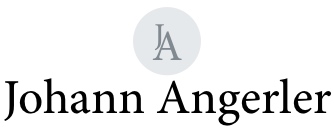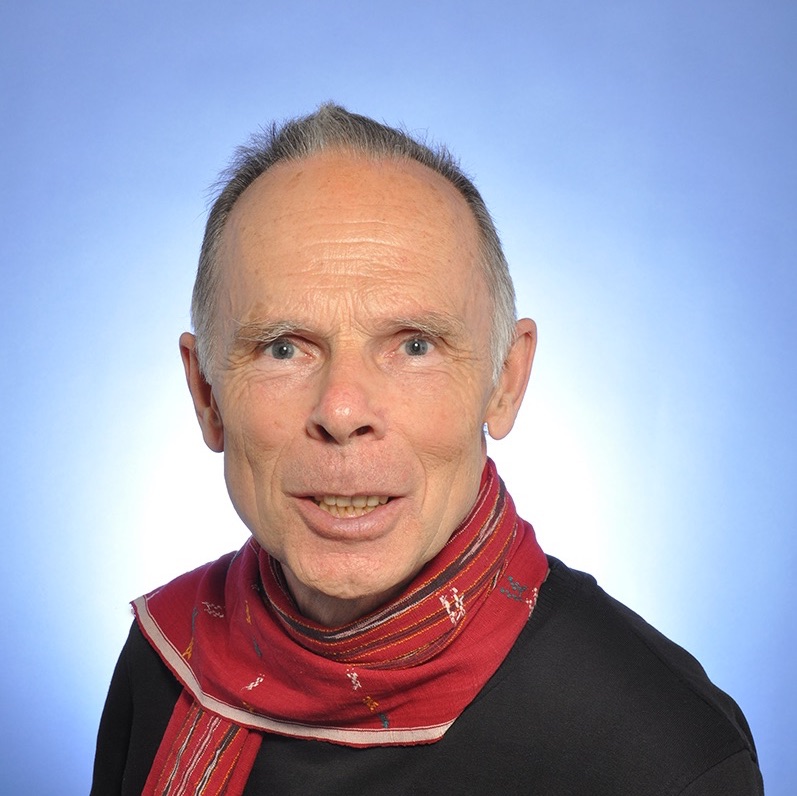This book is organized into five chapters. In each chapter a set of key questions is asked, and answers are sought. Answers are not just sought in the sense of finding answers to analytical questions which should lead to a deeper understanding of the problems investigated (this too), but also on the more mundane level of seeking practical solutions. In other words, how can solutions be found and how can they be put into practice in reality.
All the chapters are connected by one single aim, that is, to work out the question of how paradigm change can be achieved. Departing from an understanding of our current paradigm and the history of how we have arrived at it, a vision of a new paradigm is developed. Every chapter is intended to make the contours of this envisioned new paradigm, which would allow us to unite and reach a higher level of civilization, more readily visible.
The theme of the first chapter asks what is going on and what are the requisite preconditions which have to be in place before we can unite. If we look at our achievements, our knowledge, our technical skills, the degree of global cooperation already extant, everything seems to be already in place. We could solve our problems and ensure prosperity, but the rub is, by design, the political disunity which is essential to the maintenance of our current paradigm is always going to prohibit a sufficient level of cooperation. The history of mankind is explored in order to develop an understanding of what conditions are necessary for human cooperation to flourish and grasp when does it fail. How does this relate to the paradigm people have made use of during the period through which they have lived? We are now much more knowledgeable about human nature and the history of human cooperation than we were when our present paradigm was designed; this chapter has unquestionably benefited greatly from that scientific progress. We know more about the principles of cooperation of our early ancestors and about the principles of human cooperation in general. This comprehension allows us to take a more nuanced view. In turn, as the scales fall from our eyes, this enables us to see the weaknesses and misconceptions of our current paradigm in sharper focus, making it possible to understand on a more profound level the various dilemmas and traps with which people are constantly confronted and which are forcing them into a maelstrom of divisiveness. Awareness and comprehension of these obstacles on a more profound level is the precondition required to be able to surmount them.
While Chapter I provides a theoretical outlook and indispensable concepts, Chapter II focuses on essential practical matters, namely: the crucial question of how to enable humanity to elect representatives in a corruption- and manipulation-proof way, the precondition for the legitimacy and the trust required for their task. As none of the existing models for the selection of representatives can be regarded as feasible, a new approach is developed and described in this chapter. In the approach proposed here, there are no parties and no candidates and no means of influencing the outcome of the election beforehand. It also allows all adult people of sound mind, who are willing to elect and to be elected, to participate. An equal representation of all men and women will be made possible and a body of representatives, corruption-free by design, a World People’s Representation, can be formed and entrusted to make rules for us all.
This new approach or procedure for electing representatives, as proposed in Chapter II, is the foundation on which a new paradigm can be designed and built. If it does become possible to agree on this matter, everything else will also be within reach. This proposal is not for a world government and will not impede individual freedom, just the opposite. It will not only allow us to cooperate globally to solve the problems which threaten to overwhelm us and to ensure prosperity for all, it will also guarantee the continued existence of the essential constituents of statehood (including territorial integrity, national military, monetary and economic stability, appropriate infrastructure in the widest sense) and individual freedom in a more comprehensive and inclusive way than is possible now. To guarantee that any misuse of the proposed new institutions for all of mankind is ruled out, a constitution of humanity is suggested. Thoughts about a constitution of humanity are expressed in this and in the following chapters.
Based on the premise that it will be possible to agree on electing a World People’s Representation, questions about the relationships between the representatives of the people and the governments of the countries on both the global and the national level are considered. The pressing question of what a humanity, united by a World People’s Representation and operating on the principle of the rule of law, can do to ensure a future which is safe and prosperous for all is thrown open to discussion. The ideas put forward in Chapter III focus on these questions. Open questions about various fields of human activity are considered. These cover such topics as the economy and social wellbeing, security and peace (and how to overcome the threat of violence, war and suppression), laws and rights, our relationship with God, education, science and the relationship with the world we live in, health, care and family planning, and finally, how should the question of solving our global problems be approached.
A constitution of humanity should contain the constraints necessary to make sure that global institutions are never misused or abused; it should also allow the World People’s Representation (in agreement with the governments of the nation states) to take bold steps if this is crucial to our wellbeing. For example, in the field of economics, in one fell swoop, a new monetary order (which is urgently required anyway) and a new approach to estimating value could allow us to create truly stable foundations in various fields affecting economic wellbeing. This pertains to international financial relationships, state finances, individual incomes and more. It would, for example, allow the abolition of taxes on income or profit up to a certain level and it would permit the financial flexibility to fund the investments necessary to render our whole economy non-destructive to the biosphere without abandoning accounting responsibility and without the necessity of making somebody pay for it. The dividend of unity will allow for possibilities of which we can only dream at present.
The global unity enabled by the World People’s Representation, supervised by the representatives of the people on a national level and the rule of law, disentangled from the stranglehold of loopholes and exceptions, will root out corruption, will allow the creation of a level playing-field with regard to markets (where markets are appropriate), will lead, in time, to less inequality, will create a new momentum for innovation and enable more prosperity for all people in their respective countries. Furthermore, in time, unity and what comes with it will even enable us to disarm the trap of fear of each other which forces the powers in this world to be constantly on guard and to compete in a seemingly endless, expensive arms race. This will be possible without resorting to a heavily armed global Leviathan enforcing peace. Countries will keep their armed forces and will even be paid for their services in ensuring peace and security. The more we succeed in making the law trusted and strong, the less we have to fear the spectre of war.
In this part of the thought experiment, the possibilities to act for the benefit of all are explored and, in the next chapter (Chapter IV), the thought experiment is continued by asking questions prompted by niggles of doubt. Could the idea of uniting mankind be feasible anyway? Wouldn’t the whole idea actually amount to a utopia which could lead to something different to what is intended? Towards a dystopia perhaps? Or, is there any hope that the powers-that-be, private or political, would ever agree to be supervised by the people and agree to common rules and responsibility? Pertinently, would the governments and the political elites of large countries, of superpowers, let go of the position of exceptionalism, of special, power-related privileges and agree to the same rules as all others? The last question is considered by taking the example of the two most powerful countries on earth, the USA and China. Examining their situations could suggest that the vision of unity of mankind promises to be very beneficial to the people of both these countries (as it would be to all others). For both countries, the USA and China, the unity of humanity could bring solutions to the fundamental and otherwise insoluble problems of their people. At first sight, all this might seem utterly impossible, but what is at stake is so huge and, knowing that we are becoming more and more bogged down in a quagmire because of the deficiencies in our current paradigm, the vision of a united humanity could restore hope.
Chapter V poses the question of what it will take to unite humanity and what it would really mean to involve all of us. That is, including people from all kinds of backgrounds as well as all countries, an undertaking achievable only by peaceful means. It also delves into who should write the constitution of humanity. It goes without saying that a basic version has to be written before the representatives of the people can be elected. Furthermore, in this, as in the previous chapter, the story of unity is considered in the context of the latest developments which are changing global reality on the ground at breath-taking speed.
Finally, in the epilogue thought is given to the question of how to work towards the goal of uniting humanity. Even though a World People’s Representation which would empower the people of this world to make rules (and to ensure their compliance) is just an idea, a vision at this stage, it might convince a number of people and prompt them to cooperate and act. When a movement begins, it will be of utmost importance not to repeat the mistakes of previous movements which attempted to work towards a better world. If such a movement wants to achieve the global rule of law, end corruption, achieve lasting peace and prosperity for all, it is of the utmost importance that it is trustworthy from the very beginning and already follows strict rules before the aim of installing a World People’s Representation is accomplished. Rules are proposed to achieve this aim; among these are the obligation to behave peacefully under any circumstance, to practise openness in organizational matters, always strictly follow the rules for financial accountability, and to not break the law that exists.


